While it is the number one cash crop for most farmers in Tanzania, maize is getting a serious run for its money from legumes such as beans, groundnut, and soybean which are becoming commercial crops in the cool and hilly terrain of the Southern Highlands. In addition, legumes are also good for tackling malnutrition and soil infertility as they are a cheap source of protein and are able to fix nitrogen from the air into the soils.
This turn of events is being fueled firstly by many years of collaboration between farmers and Tanzanian and international research institutions, a range of development partners, and the private sector that has seen the development and dissemination of improved varieties and good agronomic practices enabling farmers to increase their legume yield by up to four times.
These include the government funded Uyole Agricultural Research Institute with technical backstopping from international research organizations such as the ), International Institute of Tropical Agriculture (IITA), International Center for Tropical Agriculture (CIAT), the International Crops Research Institute for the Semi-arid Tropics (ICRISAT)and Wageningen University; development NGOs such One Acre Fund and Farm Inputs Promotion Services (FIPS) and support from the Tanzanian Government and the Bill & Melinda Gates Foundation.
And secondly, a ready market within and in the neighboring countries of Zambia, DR Congo, Malawi, and as far down as South Africa.
On a recent visit to the region, we met a number of farmers whose fortunes have greatly changed and their livelihoods improved as a result of growing legumes.
Daudi Bukuku – from borrowing soap to a respectable bean expert
Daudi Bukuku, a charming 38-year-old farmer has seen his life turnaround from at one time not being able to afford to buy soap for his family to being able to purchase and install a biogas plant at his home reducing the drudgery and time spent by his wife looking for firewood. All thanks to beans.
“Before starting this improved farming of beans, I used to harvest 200 kg of beans from an acre. Life was hard and I was struggling to even buy soap for my family. However, everything changed when I was invited for a training at ARI Uyole on improved farming methods for beans and also received new, improved varieties to try,” Daudi says.
“I learned proper spacing, proper use of fertilizers, and how to harvest and store my crop. I applied everything I had learned and now my yield is up to 700 to 800 kg per acre. My life is so much better as you can see. I have even managed to buy livestock. I have cows, pigs, and chickens. I have also been able to install a biogas plant that converts the waste from my livestock into gas for cooking. I am no longer destroying the environment for firewood. And my wife now respects me as I have made her life easy. She is not struggling with cooking. In twenty minutes, all the food is ready,” he said.
Daudi’s farm acts as a demonstration site to transfer the technologies and knowledge he has gained from the researchers to the surrounding farmers who are inspired with what they see and by the changes he has made in his life. He has also been trained in the production of Quality Declared Seeds and therefore sells seeds of various local and improved varieties to surrounding farmers.
Empowering women and improving marriages
Upendo women’s group in Mchewe village in Mbeya rural district has also seen beans change their lives and their marriages for the better.
According to the chair of the group, Witness Sikayange, the women came together in 2010 to find ways to work together to improve their lives and those of their families through farming.
“We realized we can earn more money from beans compared to maize as we can harvest up to three times a year compared to once a year for maize. We then approached researchers and government extension workers for training on improved farming methods and for improved varieties. And after that, we started commercial farming of beans.
“We are now living a very comfortable life. We all have improved houses and are taking our children to school. And our marriages are even better. Before we used to have a lot of quarrels with our husbands but since we started making our own money, they now respect us as we are not just sitting begging for everything,” Witness said.
The group is also growing Quality Declared Seeds (QDS) for the various varieties of bean released from Uyole Agricultural Research Institute to sell to surrounding farmers and processing pre-cooked beans for sale.
Spreading the success
There are a number of ongoing research initiatives to build on to these successes to spread the benefits of legumes to more farmers: .
Building capacity of research institutes to develop new legume varieties: Efforts to provide farmers with better varieties are also continuing through the Tropical Legumes III (TLIII) project funded by the Gates Foundation and led by ICRISAT.
According to Emmanuel Monyo, the coordinator for this project, TLIII is seeking to improve the breeding capacity of national agricultural research systems and of three CG centers―CIAT, IITA, and ICRISAT to provide farmers with improved high yielding legume varieties to improve the production and productivity of the crops in Sub-Saharan Africa And Asia. Its target is to improve the livelihoods and nutritional status of smallholder farmers through increased legume production.
N2africa – adding soybean to the mix: The ‘Putting nitrogen fixation to work for smallholder farmers in Africa,’ project, in short N2Africa, led by Wageningen University in the Netherlands is promoting the production of soybean in the area and introducing the use of seed innoculants and improved farming methods such as higher density planting and use of appropriate fertilizers both organic, inorganic and bio-fertilizers.
According to Fred Baijukya, an agronomist at IITA’s Eastern Africa hub and N2Africa Country Coordinator for Tanzania, the project is currently conducting trials of new improved soybean varieties together with ARI-Uyole and lead farmers to identify the best-performing ones as well as have farmers preferred traits to recommend for release.
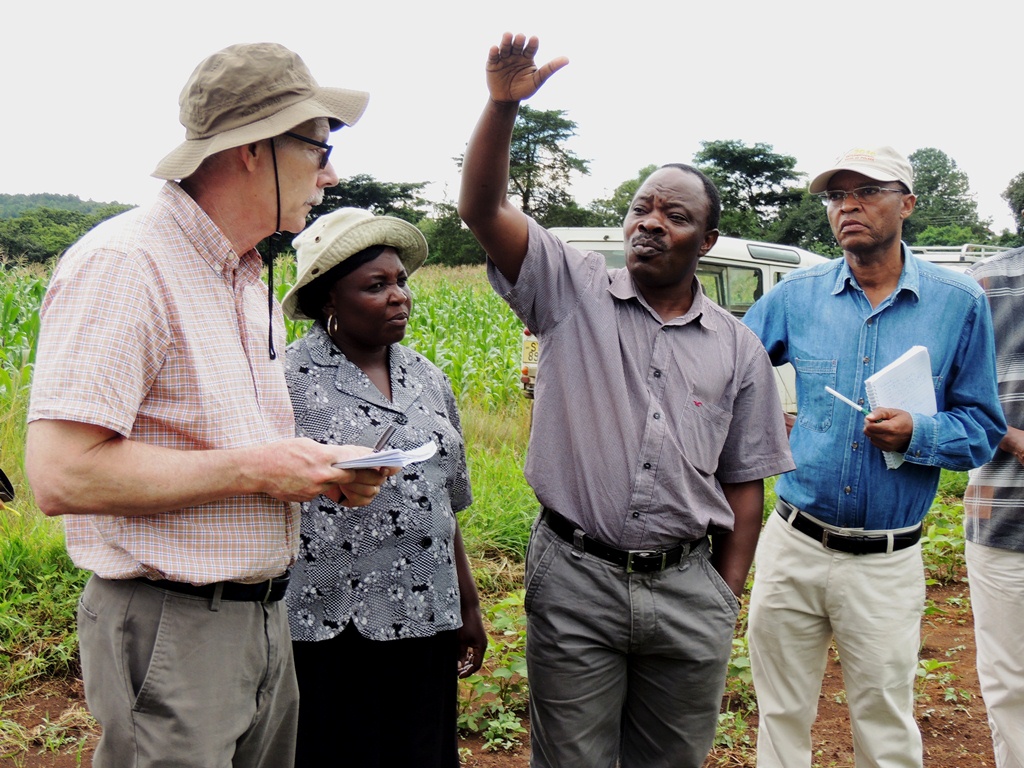
Freddy Baijukya, IITA Agronomist and N2Africa Country Coordinator explaining to the group on the long-term trials
The project is also conducting agronomic trials looking into the best agronomic practices that will ensure the farmers get the highest returns including time of planting, spacing and use of fertilizers.
Dissemination of technologies: One challenge that faces research organizations is the wide-scale dissemination and scaling out of new technologies to reach many farmers. Two NGOs―One Acre Fund and Farm Inputs Promotion (FIPs)―are assisting in these efforts. FIPs is providing farmer with small packs of different inputs including seeds for improved varieties and fertilizers. For testing and adoption of those they like and also providing advice on good agronomic practices. FIPS also links farmers to the agro-dealers and private sector companies to ensure supply of the inputs.
One Acre Fund on the other hand is providing loans to farmers to purchase seeds and other inputs such as fertilizers for their farms and training them on better farming practices.
The two development partners are now keen to work with the research teams to help in the dissemination of new legume varieties released from research institutes as well as inputs such as rhizobium and legume fertilizers.
These successful cases show the clear link between research and development, says Jean Claude Rubyongo, a seed system specialist from CIAT and who is also one of the researchers who has been conducting research on bean in the country for many years parenting with ARI-Uyole.
If the successes achieved by Daudi and Upendo can be replicated throughout the region, then clearly the region will transform itself and make a big dent in the efforts to support the country to industrialize and reduce poverty and malnutrition.

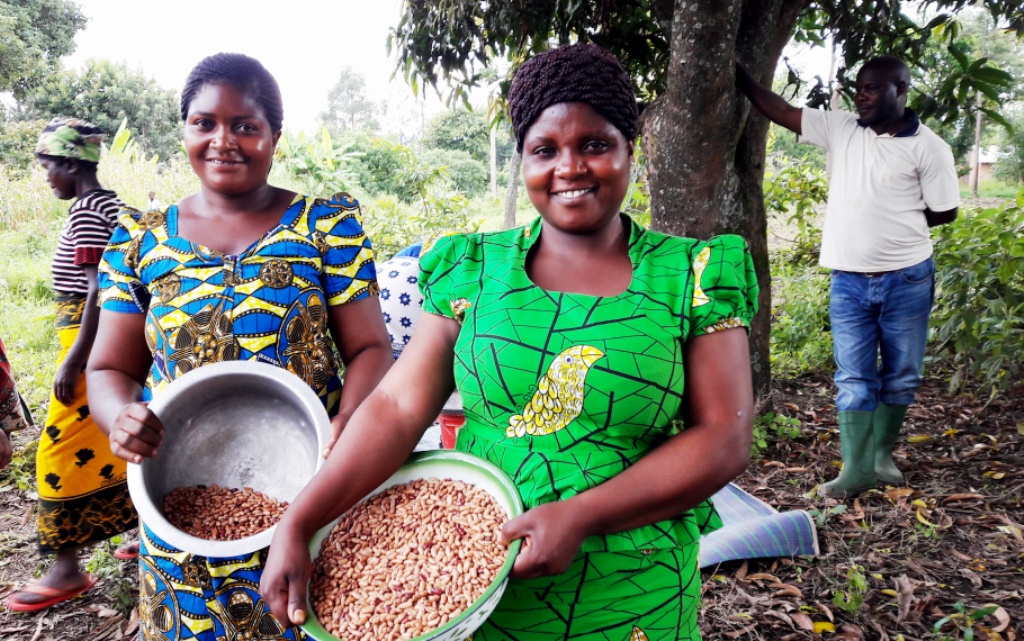
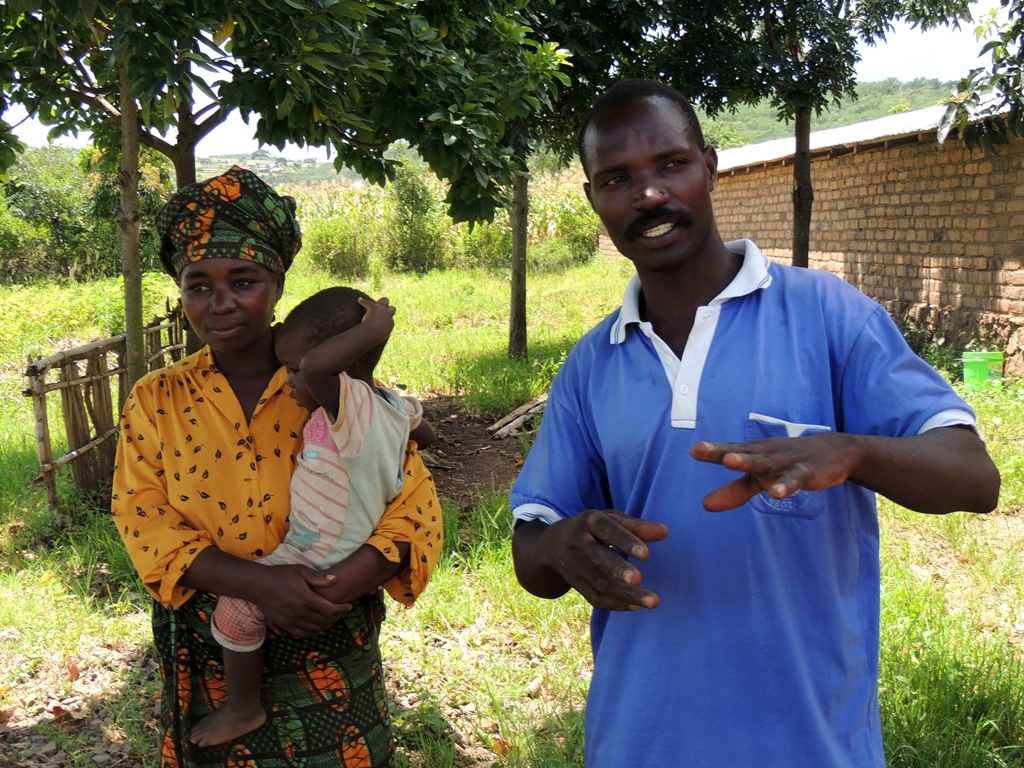
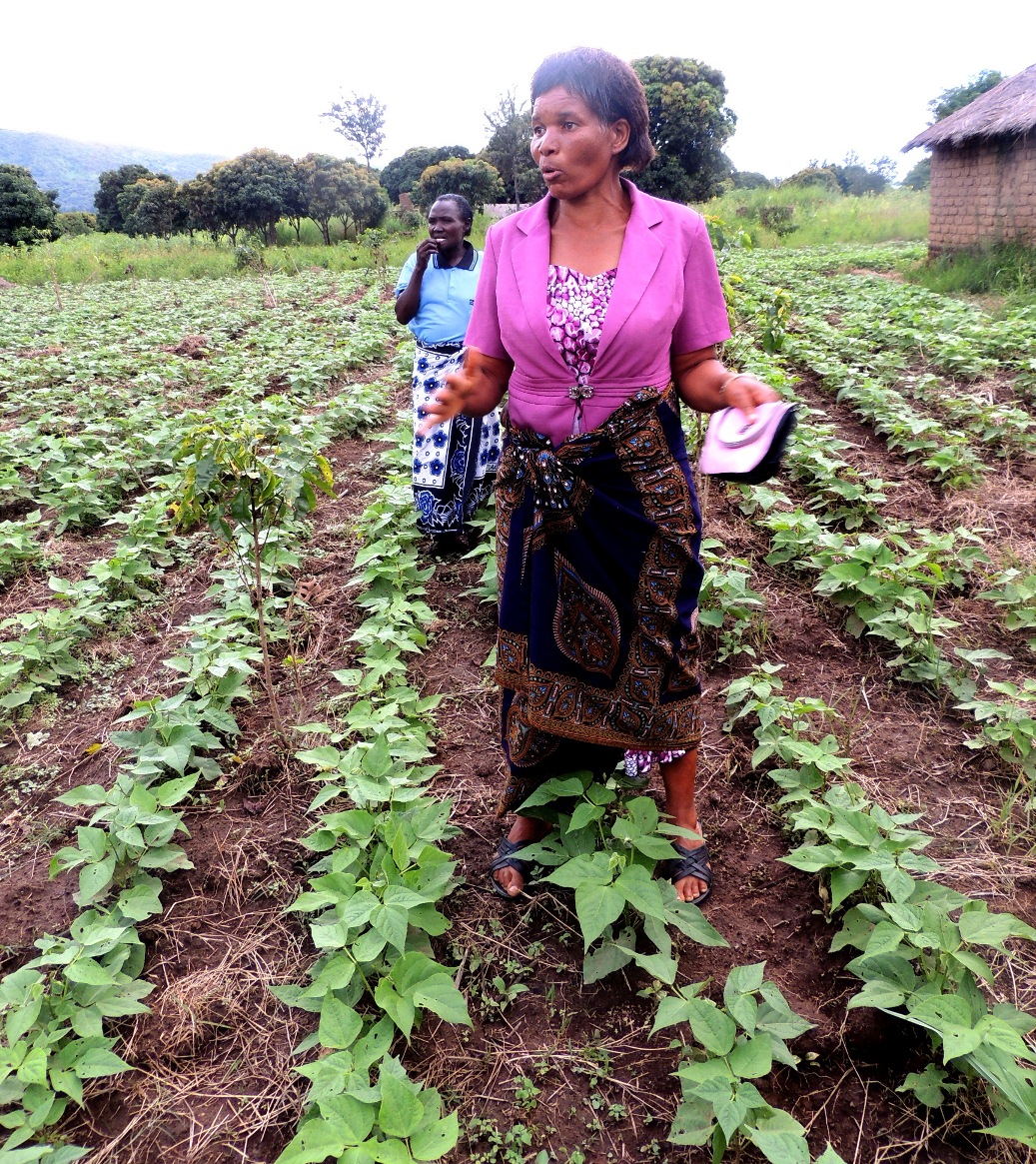
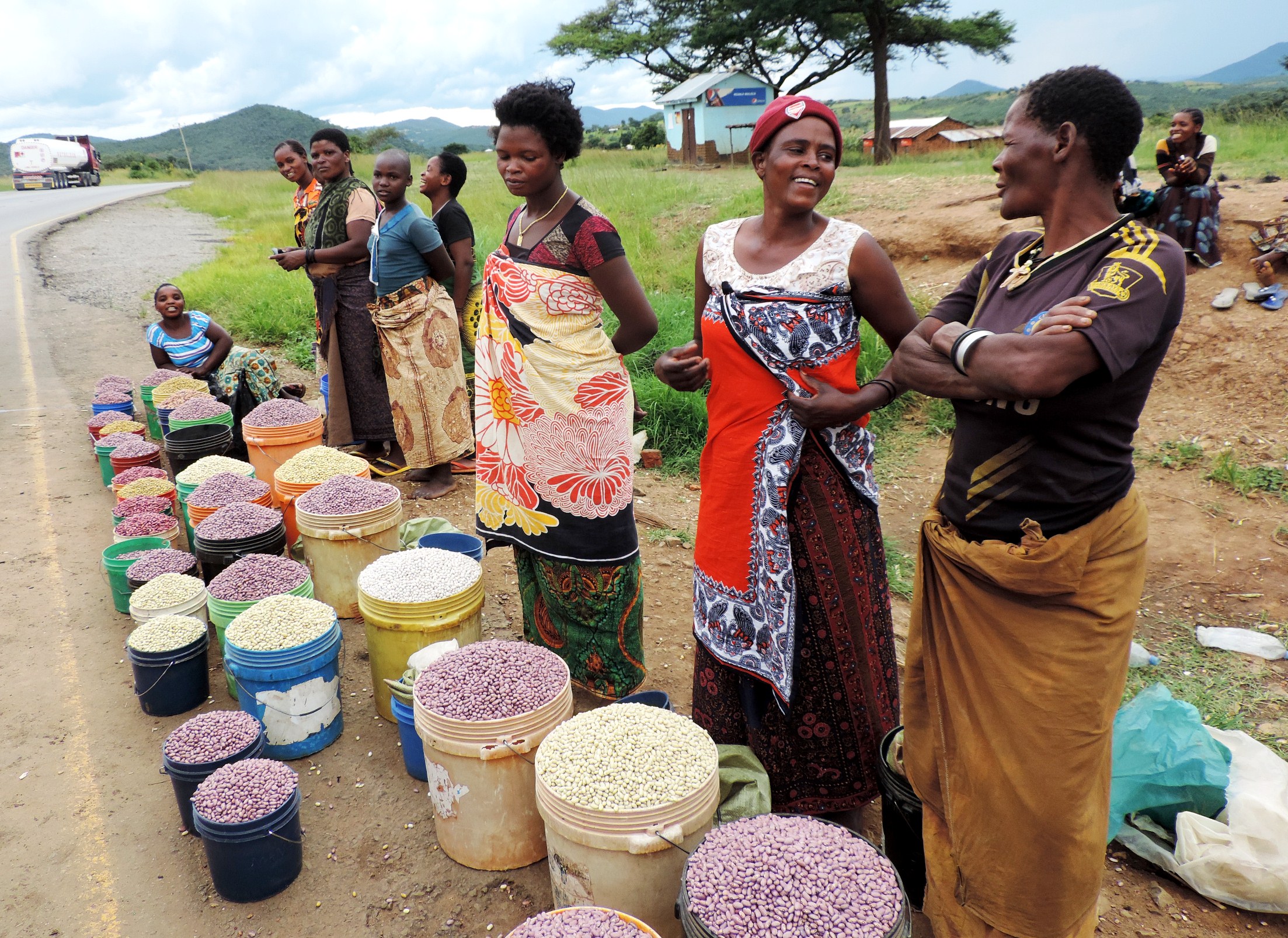
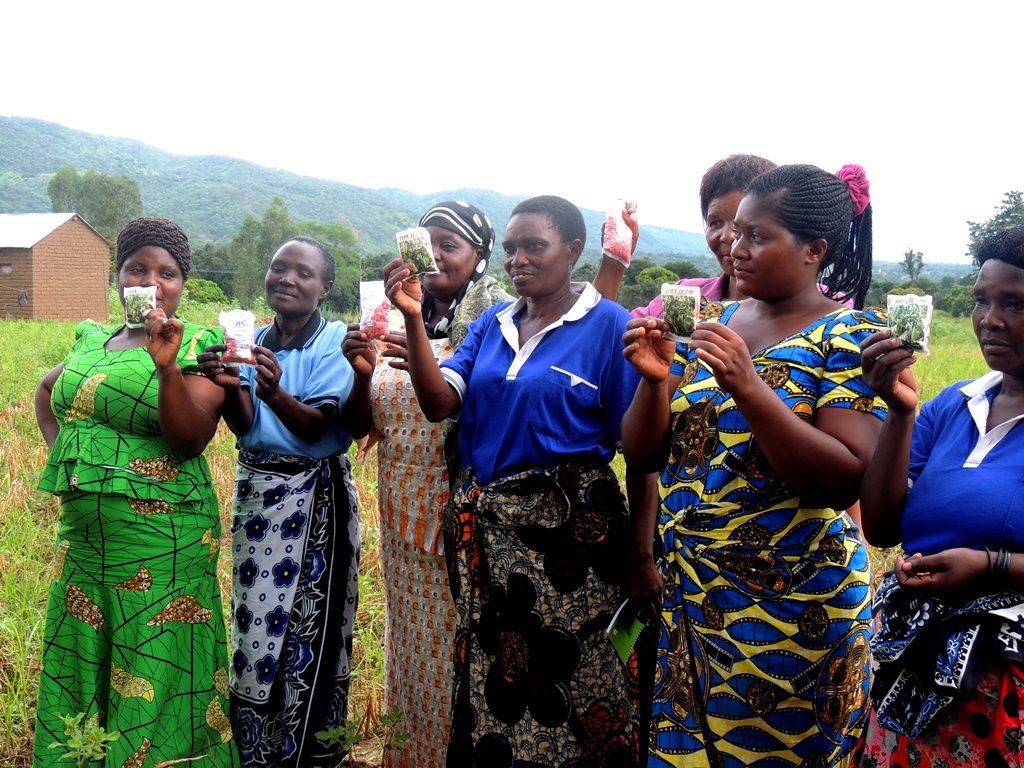

1 Comment
Mary
June 22, 2016 at 12:03 pmThis is a extraordinary way of uplifting lives and society in general. it’s a good sources of livelihood.